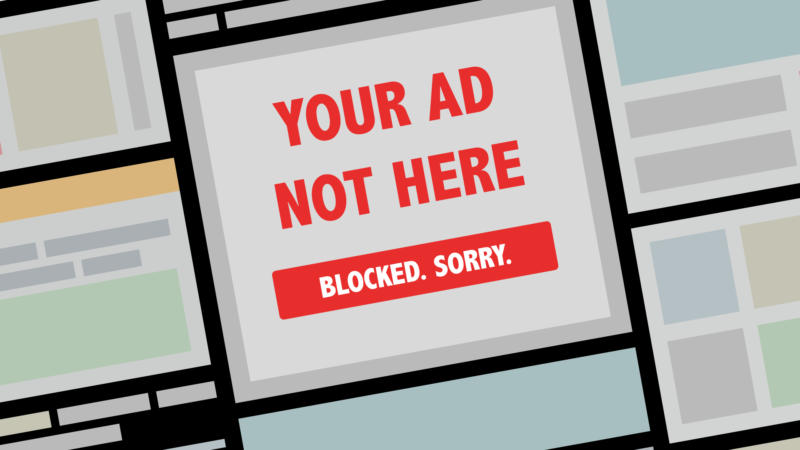Report: Publisher ad-blocking detection could be illegal in EU without user consent
Script-based ad-blocking detection, which accesses "personal data," runs afoul of consumer consent rules of the European e-Privacy Directive.
Publishers using scripts to detect ad blockers may need consumer consent or risk violating European privacy law. This comes via the UK Register, which picked up on a tweet by privacy advocate Alexander Hanff.
Hanff wrote to Jean-Claude Juncker, president of the European Commission, about whether ad-blocking detection scripts that some publishers are using to thwart ad blocking are covered under Article 5.3 of the European e-Privacy Directive.
The relevant language in the article states, “Member States shall ensure that the storing of information, or the gaining of access to information already stored, in the terminal equipment of a subscriber or user is only allowed on condition that the subscriber or user concerned has given his or her consent . . .”
Since so many people are bugging me for them here are photos of the relevant pages of letter. pic.twitter.com/vcTG0qdhIC
— Alexander Hanff (@alexanderhanff) April 20, 2016
The letter that Hanff received back from the European Commission (pictured above), while somewhat vague, reads Article 5.3 expansively and suggests that publishers would be required to obtain user consent (as with cookies) before detecting ad blockers. Publishers would thus be forced to post notices and effectively obtain an opt-in consent from users. This might go something like, “By visiting this site you consent to the use of scripts to determine whether you’re blocking our ads. If we determine you’re using ad-blocking software, we won’t show you our content.”
There may be other solutions for ad-blocking detection that don’t require scripts or otherwise run afoul of consumer privacy rules in Europe. But for the time being, this creates an obvious and awkward problem for some publishers. Hanff has also indicated on Twitter that he will legally challenge publishers using anti-ad-blocking software.
The IAB has identified a variety of strategies for publishers to address the growing challenge of ad blocking. A report issued last August argued that more than 200 million people globally were ad blockers. Other data suggest that between 30 and 60 percent of Millennials are using some type of ad-blocking software today.
Opinions expressed in this article are those of the guest author and not necessarily MarTech. Staff authors are listed here.
Related stories
